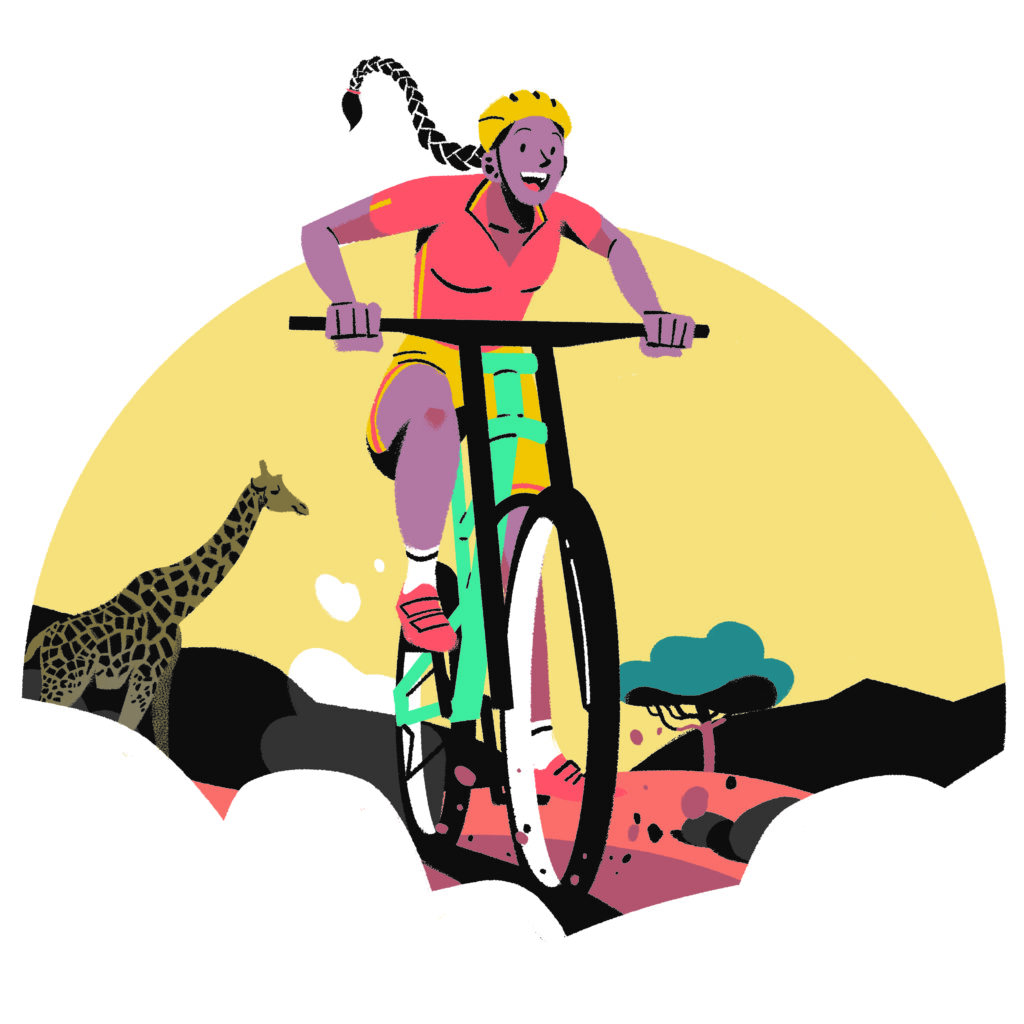
Milk from cows was once marketed as the perfect food. For aspiring young footballers it was touted as the difference between becoming a Liverpool legend like Ian Rush, or ending up at Accrington Stanley. “Who are they?” asked the kid in the famous ads of the 1980s. “Exactly,” his friend responded.
Thirty years ago, plant-based milks were not unlike Accrington Stanley: unfashionable, unknown and (largely) untried. “What are they?” my 10-year-old self might have asked. But things have changed and plant-based milks have blossomed into a multi-billion pound market.
The seed was first planted in the 1990s when a new breed of avant-garde nutritionists started recommending that they lay off cow’s milk. Nowadays non-dairy milks are the fashionable accessories to everything from your morning latte to your post-ride shake.
Coconut milk cappuccino? No problem. Soy-based smoothie? Easily done. And why not: milks made from oats, coconuts, rice or nuts are healthier than ‘real’ milk.
Not necessarily.
I’ve recently been researching these products for an article. I spoke to nutritionists, academics and industry experts and came to the following conclusion: switching completely from dairy to non-dairy without medical advice isn’t a good idea.
That’s not rocket science, but it’s worth paying attention to – especially if you exercise a lot and milk forms a decent portion of your diet.
If you’re lactose intolerant, avoiding cow’s milk makes sense. Around 17% of the French population is lactose intolerant and 80% of Central Asian is, but here in the UK it’s just 5%. Still, 19% of us are buying non-dairy products.
I’m not saying that’s a bad thing – choice is great, as is variety in your diet. But 44% of people who say they’re ‘dairy intolerant’ are self-diagnosed (the power of the internet, eh). That is worrying, says Allergy UK, because it means “thousands of people could be at risk of nutritional deficiency”.
Sure, many of the plant-based milks are fortified with various vitamins, but the spike in their popularity is more to do with people’s perception of them as healthier rather than any scientific support for the notion. “In terms of any hard evidence as to whether or not they’re ‘healthier’ – I don’t know of any,” Laura Thomas, a registered nutritionist based in London told me.
Others have taken a more controversial position. Sioned Quirke, a dietician and a spokeswoman for the British Dietetic Association, suggested the claims were a load of bull. “I think a lot of people are buying [dairy-free] products because they think it is trendy, or they assume those kinds of alternative milks are superior products,” she told the Guardian recently. “They are not a superior product in any way, shape or form.”
For those who exercise quite a bit there is, perhaps, even more cause to seek advice before switching wholesale from cow’s milk to an alternative. Linia Patel, a dietician and sports nutritionist “wouldn’t recommend” soy protein to the rugby players she advises, for example.
I can’t give a hard and fast rule on what milks you should and shouldn’t drink – I’m not a qualified nutritionist and it’ll depend on a number of individual factors (for example, your training, diet etc). What I can say is, if you’re swapping dairy for non-dairy in your morning latte, then the small quantities are not likely to create an issue (other than making it taste funny: I’m a cow man through and through for my coffee).
Switching to non-dairy in the two 250ml smoothies you have each day might need further thought, however. For example, I found coconut milk ideal for the berry-based smoothie I have as an afternoon snack; but during intense periods of training I wouldn’t want it in the morning too because there’s only 0.1g of protein per 100ml compared to the 3.2g I’ll get in full fat milk. For background: I am married to a vegetarian so dairy acts as a decent protein supplement.
Speaking of supplements, I was sent a neat little video recently. Narrated by Olympic rowing gold medallist Tim Foster, the idea is to show that drugs don’t work, but supplements aren’t much cop either. Tim explains that a scoop of protein powder provides 20g and will set you back £1.35. A pint of milk will give you the same amount of protein for just 50p. It won’t make you an Olympic rower (that’ll also take 18,000 repetitions on an ergo), but it’s food for thought.
David Burrows is a freelance food and drink writer.
Twitter: @envirobuzz


